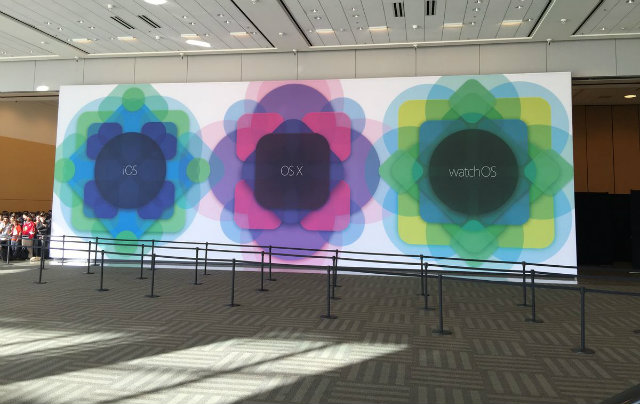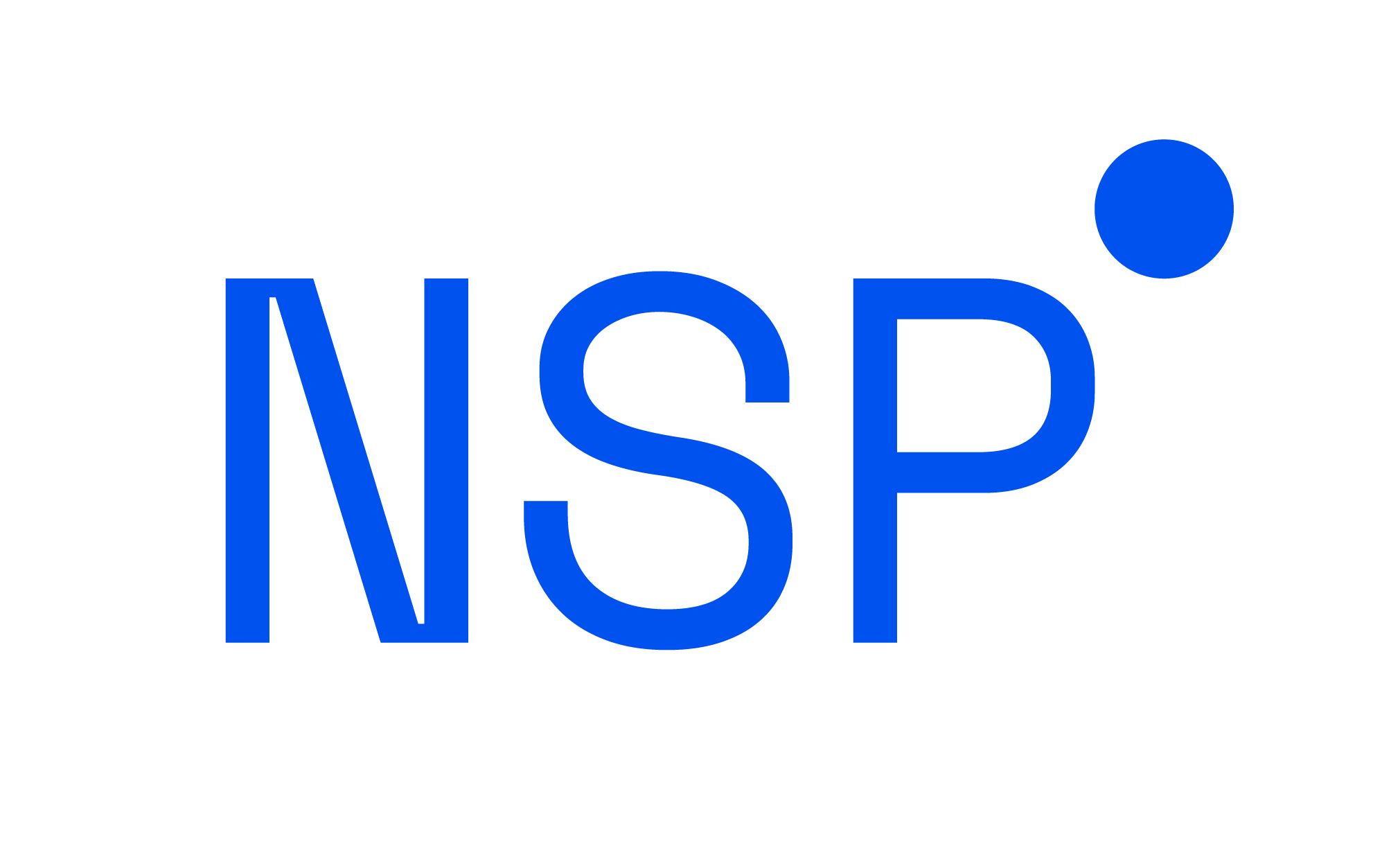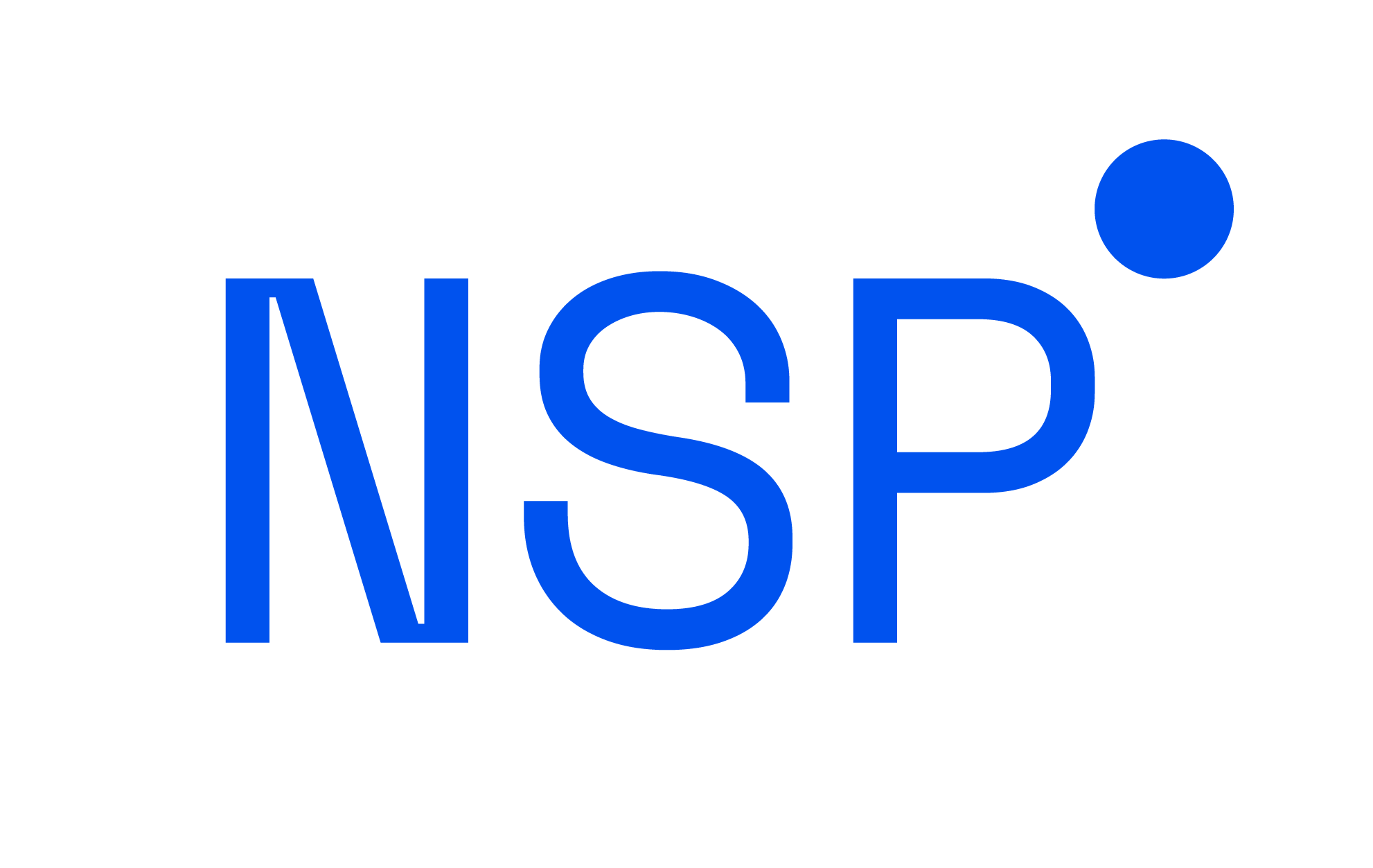
The battle rages on. The WWDC 2015 sounded like a prompt answer to Google I/O. Apple tried to overshadow the eternal rival in the race to the future of technology. Did Apple settle the score?
From the stage of the Worldwide Developers Conference, Apple unveiled the details of everything coming soon to iOS, OSX, Apple Watch. With a juicy ‘one more thing’: Apple Music.
No doubt that the last months of 2014 were all about Apple new product launches:
- Apple Watch - a single product to bring the wearables and smartwatch industry back to life after decades;
- Apple Pay - a one-touch secure payment method to disrupt the banking customer experience and change the way we pay and make purchases;
- HealthKit - a platform, connected with iOS 8 and other devices, to collect and aggregate health data for medical purposes.
But 2015, till now, has seen nothing but Google: with the I/O keynote, the Big G has taken a critical step to become way more than your favorite search engine. With Android ruling the market of operating systems, the company aims at becoming the main reference for everything you do in your daily life.
Android M, Android Pay, Project Brillo and the Internet of Things, Google Now on Tap, Jump and the virtual reality: all the announcements looked like a direct challenge to Apple, and there was no doubt that people at Cupertino would steadily reply.
While Google I/O was a mainstream event after all, the WWDC did not betray its very nature of a meeting for developers. Two hours of low-key - yet solid - changes and evolutions to Apple's products, from the new versions of OS X and iOS to the update of Siri and Watch software.
Except for that controversial ‘one more thing’, there were no real fireworks. Nonetheless, we have the feeling that both Apple and Google have just warmed up the engine with skirmish keynotes to prepare for the real war. That will change the mobile market and revolutionize digital customer experience.
If you didn’t sit through the keynote and missed the announcements, here’s a recap of the highlights of the annual WWDC conference for software developers.
OS X 10.11
The kickoff of the keynote focused on the newest update for the Mac operating system, OS X 10.11, also known as El Capitan. Don’t expect a revolution or a redesign of the whole interface; the new release is more about tweaking the actual experience and improving behind-the-scenes performance.
Here's what you need to know:
-
The new OS X will use 'San Francisco' font developed for the Apple Watch as default.
-
You will finally have the ability to snap windows or split the screen with two windows.
-
Safari will try to challenge Chrome and Firefox with minor improvements (i.e. the ability to mute individual tabs).
-
The Metal 3D graphics SDK will improve gaming features and accelerate app launches.
iOS 9
The keyword to understand the improvements in the mobile operating system is ‘intelligence’. Apple will transform your iPhone into the essential companion for everything you do in our daily life. As a consequence, Siri becomes the heart of iOS 9.
-
Siri - proactive and able to offer contextual reminders and advice about what you are doing or planning to do. It will also suggest apps to launch or people to contact, based on previous usage behavior (just like Google Now On Tap does).
-
Apple News - the rebranding of Newsstand brings in a Flipboard flavor to your smartphone. This is a whole new app that enters a crowded competition and uses your preferences to create custom glossy magazines.
-
HomeKit, Carplay and HealthKit - all major features announced in the previous months will get a new life, with the ability to control everything with a tap, from smart objects in your home to in-car connections and health measurements.
-
Apple Pay - despite the warm reception, the new mobile payment system is struggling, due to the lack of commitment from business and financial partners. Soon users will be able to add their credit and debit cards into Wallet (the former Passbook), and buy things on Pinterest with a tap. Also new and compelling loyalty features, already being tested to become part of the upcoming Neosperience Gamification features.
APPLE WATCH
Now that Google has promised 7 new models of Android Wear, combined with 4000+ new apps, Cupertino answers back with the new version of the operating system for the best seller Apple Watch. Soon, there will be several improvements and tweaks:
-
Third-party apps - developers can have their software work entirely off the Watch, with better performance and native integration;
-
Watch faces - you can now include the ones that use your own photos;
-
Time travel - if you turn the crown you can jump ahead in time and view your calendar, predicted temperatures, schedule meetings or flights;
-
Digital Touch - you can draw and send coloured sketches;
-
Nightstand mode - finally the chance to turn the Apple Watch into an alarm clock.
APPLE MUSIC
Here we are at the long awaited ‘one more thing’ of the WWDC 2015. Apple Music comes from the awareness that streaming is replacing download (legal and illegal) for music fruition. The growing success of Spotify, Pandora and Google Play Music forces Apple to rethink iTunes.
Apple Music, coming next June 30, is a cross-platform music streaming service powered by iTunes and filled with plenty of options that could make it the first choice for iPhone users (priced 9.99 dollars/month, 50% more for a whole up-to-6-members family). In a single app you will be able to:
- Access the complete Apple music library and stream it on demand (including the music you already have ripped from cd’s or downloaded from iTunes).
- Receive suggestions based on what you usually listen, with the For You tab and even human-curated personalized playlists.
- Listen to Beats 1, a live radio station dedicated entirely to music and music culture and broadcasted 24 hours a day.
- Browse the Hot Tracks, Recent Releases, and Top Charts, connecting with your favorite artists through the Apple Music Connect option.
One piece was missing in this year's edition of the WWDC: Apple's plans for the TV (Google just revamped Android TV). Except for this, the conference echoed Google I/O. The enemies are both building a wide, smarter, responsive ecosystem to connect everything from your home to your wrist, from your smartphone to your car. Who do you think will win?
YOU MIGHT ALSO LIKE: Why iPhone 6 and iOS 8 Will Change Your Digital Customer Experience
To help you provide a strategic advantage to your organization, Neosperience has crafted the first DCX 7-Steps Checklist, with requirements and insights for a successful digital transformation. Download the free guide here:



 Your magnifing glass to deeply understand your users and increase the value of each relatonship.
Your magnifing glass to deeply understand your users and increase the value of each relatonship. Listen to the voice of your customers deeply to understand what they truly want.
Listen to the voice of your customers deeply to understand what they truly want. The Lead Generation Platform to get leads from anonymous traffic on your website.
The Lead Generation Platform to get leads from anonymous traffic on your website.  Understand the behavior of people in physical spaces and monitor safety requirements.
Understand the behavior of people in physical spaces and monitor safety requirements. The Digital Commerce Platform designed to follow the most modern technological standards..
The Digital Commerce Platform designed to follow the most modern technological standards.. The XReality platform to tell brand and product stories by connecting physical and digital worlds.
The XReality platform to tell brand and product stories by connecting physical and digital worlds. Points, rewards, levels, badges, missions: a world of nudges to nurture your customer community.
Points, rewards, levels, badges, missions: a world of nudges to nurture your customer community. Discover all the other solutions!
Discover all the other solutions!









